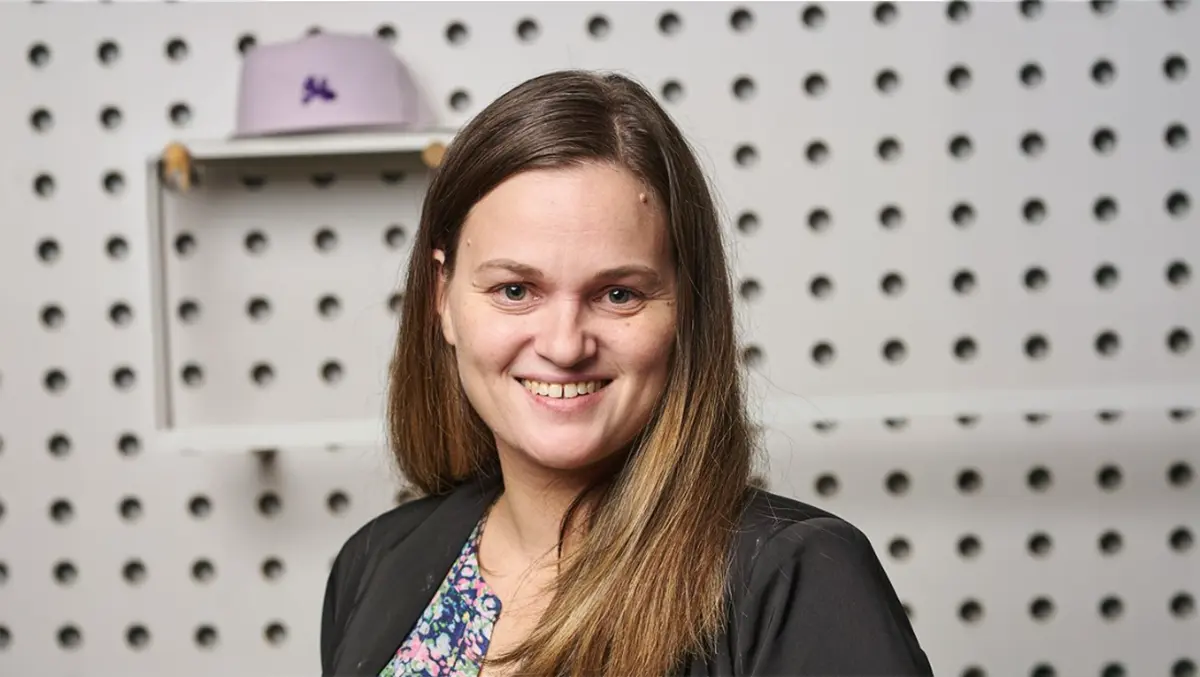
The future of jobs is much closer than you think
Every modern parent has uttered these words before: "We don't know what roles will exist when our kids join the workforce." But guess what? That future is already here, and "I don't know what job they'll do…" is quickly becoming "I don't know what job I'll do."
Edison & Black predicted in April this year that 97 million jobs will be created by AI by 2025 and while the accuracy of this claim is somewhat debatable, it's clear that a brand new category of jobs has been created.
What's changed?
Microsoft recently announced plans to train one million New Zealanders and Australians in AI skills over the next two years, recognising that AI fluency will be crucial for future employment. As Microsoft's Kate Behncken notes, 'your job may not be taken by AI but it's likely to be taken by somebody who knows how to use it'.
The hype surrounding AI in 2023 gave way to reality in 2024 and we've moved on from early experimentation to embedding AI across industries. Now, as we head into 2025, the focus is firmly on AI strategy. Advanced Technology is a cornerstone of both operations and innovation, and it's this shift that is creating entirely new roles as businesses clamber to secure the best talent in this arena.
Job titles like Head of AI Product were not titles that most organisations would have thought about hiring for 18 months ago. Others, such as AI researchers, data scientists and machine learning engineers, are now among the most in-demand positions globally. Now, businesses can't get their hands on this talent fast enough.
These are brand-new, full-time positions that require fresh expertise and fresh perspective. And they're high stakes! For employees, these roles signify an ability to adapt to very rapid technological shifts. For businesses, they represent navigating uncharted territory, where the ability to leverage AI is going to define success or failure.
What does this mean for recruitment?
Recruiters are faced with hiring for roles that barely existed a year ago but are set to be essential in future.
How do you find an AI product lead when no one has had Head of AI Product on their CV before?
The good news is that people have been asking the question: 'What will the next generation of jobs be?' for the last 200 years. It's not unprecedented. Before the internet, there was no such role as software engineer - but that didn't stop companies from identifying talent and building pathways to grow the industry. AI recruitment faces a similar challenge today: finding people with transferable skills, even when the exact job title doesn't (yet) exist on their CV.
Take AI researchers, for example. These jobs will require Ph.D. level expertise in both computer science and very niche AI domains. The talent pool at this level is limited, and the pressure to identify candidates is mounting.
Recruiters will find themselves asking tough questions: Where will these candidates come from? And how can we identify talent when we don't fully understand the tech (or role) ourselves?
Adding to this complexity is the fact that many candidates may not come from traditional talent pipelines, making it harder to identify who fits the bill for these emerging roles.
Tapping into tech for the solution
The internet has fundamentally changed how we access information and talent. Traditional approaches - posting jobs and waiting for applications - are becoming less effective as the best talent becomes harder to reach. The future won't be about who can advertise to the most people but who can create the most meaningful connections with the right people.
Here's the thing about recruitment technology - everyone's racing towards automation, but they're missing the bigger picture. The real breakthrough isn't in processing candidates faster (though that's important, and it has been a great starting point for Empathix). It's in scaling genuine human connection.
The most successful organisations won't be the ones who can screen candidates quickly. We'll be building a future that creates meaningful, people centred connections with talent at scale. Because at the end of the day, every great hire comes down to a real human connection. The challenge - and the major opportunity - is making those connections scalable without losing their authenticity.
So, for us, it's actually not choosing between efficiency and genuine interaction. It's about using technology to enable both which has the capacity to create an entirely new experience.
We need to think about the future, today
AI has already upended industries overnight. The question is: What does this mean for you?
For employees, it's about asking, "What will my job look like in five years?" For businesses, it's about projecting and predicting your product and team's potential to evolve and planning your upskilling and hiring accordingly.
Because the truth is, reinvention isn't optional - it's survival. Upskilling and continuous learning are non-negotiable in today's job market - whether it's gaining expertise in prompt engineering or pivoting into entirely new industries, staying relevant tomorrow requires action today.
Now is the time to position yourself for tomorrow's opportunities by identifying trends and building skills aligned with them. It's also an ideal time to equip your teams to anticipate changes and embed adaptability into your company culture. In addition, making sure your HR systems, processes and procedures are ready to meet this new wave of hiring, facilitated by modern tech is essential.
The future of work is no longer an abstract idea - it's knocking on our door today. How we respond, as individuals and organisations, will determine who thrives in the years to come.

